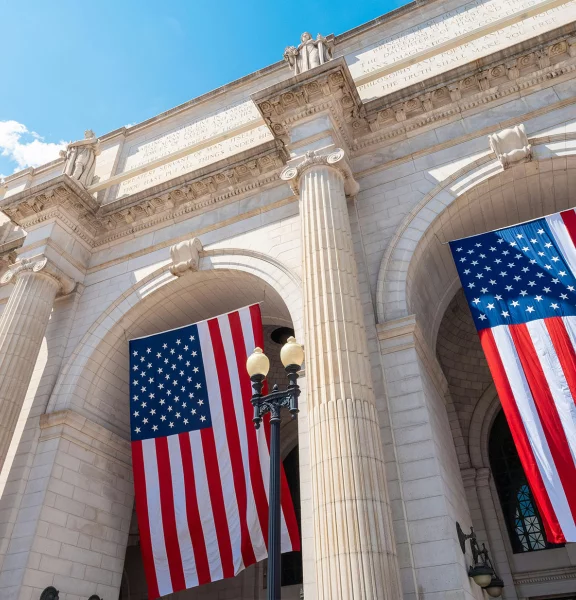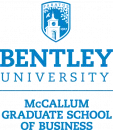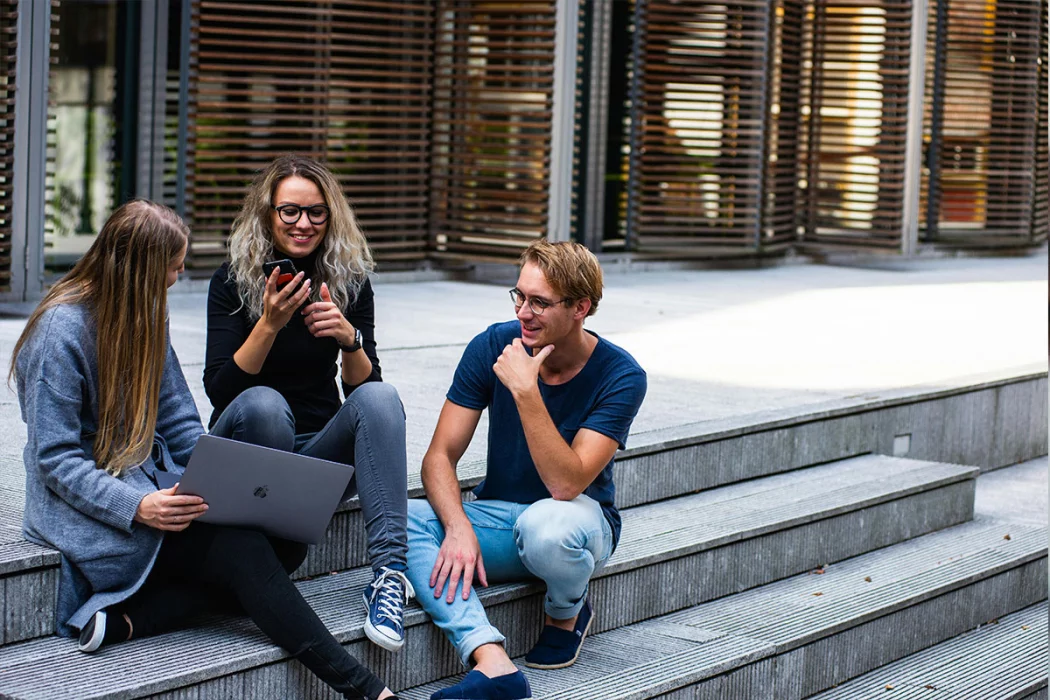Discover business schools that embrace collaboration in every form.
Get a free consultation

Study MBA in United States of America
International MBA students
Student satisfaction rate
Schools accredited by AACSB, AMBA or EQUIS
Average annual salary
Your guide to studying in United States
As one of the world’s most diverse countries, the United States stands out for its Ivy League schools and an extensive selection of specialized programs that cater to every academic interest. The US offers a vibrant cultural experience, with varied communities, extracurricular activities, and the chance to explore iconic landmarks. Studying in the US opens doors to global networks and unique career opportunities in leading industries such as Silicon Valley’s tech sector and Wall Street’s finance hub. From bustling cities to serene campuses, the lifestyle is both stimulating and supportive, ensuring a well-rounded and enriching educational journey.
Cultural Specifics of United States
Understanding cultural specifics in the US means appreciating the diverse communication styles, values, and customs found in different settings. Americans typically value individualism, direct communication, and punctuality, reflecting a person’s reliability and respect for others’ time. Politeness and respect for personal space are important, with a firm handshake often used as a common greeting. The culture places a high emphasis on personal achievement and self-expression, encouraging open discussions and diverse viewpoints in the classroom and at work.
Informal social interactions often include small talk about non-controversial topics like the weather or sports. Tipping in restaurants and for services is customary and expected, usually around 15-20% of the bill.
Business Culture in United States
In the United States, efficiency, results, and innovation are cornerstones of the business culture. Communication is typically direct and to the point, with a focus on clarity and brevity. Professionalism is key, and business meetings often start with formal introductions. The dress code can vary by industry, but business attire generally leans towards conservative, with suits and ties for men and equivalent formal wear for women in more traditional sectors. Since punctuality is highly valued, meetings are usually structured with clear agendas and time frames.
Networking and building professional relationships are essential, often facilitated through business lunches, conferences, and industry events.
The experiences of students and alumni in United States
We spoke to Chelsea Hann, Associate Director of Admissions, to get a preview of the kind of insights she will share live with aspiring MBA applicants all over the world on 23rd March.
Unimy spoke to current Bentley MBA student, Jeena, to find out if her experience reflects our findings about the organizational culture of the school.
Advantages of the MBA programs in United States
The latest Financial Times MBA and EMBA rankings list 51 US schools among the top in the world, recognizing their strategic locations and the significant advantages in networking and career opportunities they provide. Of the only 129 schools globally that hold the coveted Triple Crown accreditation, 3 universities in the US are accredited by AACSB, EQUIS, and AMBA – a marker of high educational standards and international credibility.
Many top business schools in the US provide substantial need-based and merit-based scholarships that can cover a significant portion of tuition costs. These financial aids often come in the form of grants, fellowships, and scholarships awarded for academic excellence, leadership potential, or specific achievements. Additionally, many schools offer fellowships that include full tuition coverage and stipends for research or internships, making the programs more accessible and affordable.
In terms of professional opportunities and career development, graduates in the US often find roles in top industries like finance, consulting, and technology, with companies such as Goldman Sachs, McKinsey & Company, and Google actively recruiting from these programs. The career services at these schools provide robust support, including personalized career coaching, internship placements, and access to extensive alumni networks, enhancing students’ career trajectories significantly.
COMMON EXPENSES AND LEGAL ASPECTS
Cost of living
Rent of one-bedroom apartment in city center (monthly): USD 1,754.24
Basic utilities (monthly): USD 204.38
Public transport pass (monthly): USD 70.00
Gym subscription (monthly): USD 46.56
Water (1.5-liter bottle): USD 2.19
Source: Numbeo
Visa requirements and work permits
To study in the US, international MBA students typically need an F-1 student visa, which requires acceptance into a SEVP-approved school, proof of sufficient financial resources, and a valid passport. After receiving the I-20 form from their school, students must pay the SEVIS fee, complete the DS-160 form, and schedule a visa interview at a US embassy or consulate. For work permits, F-1 visa holders can work on-campus up to 20 hours per week during the academic year and full-time during breaks. Additionally, they may be eligible for Curricular Practical Training (CPT) during their program and Optional Practical Training (OPT) for up to 12 months after graduation, with a possible 24-month extension for STEM graduates.
FEATURED SCHOOLS IN United States

Available programs:


Explore the most popular MBA programs in United States
You might also be interested in...
Request a consultation
Get a free consultation with our expert advisors and discover the MBA that best suits your profile and aspirations.
